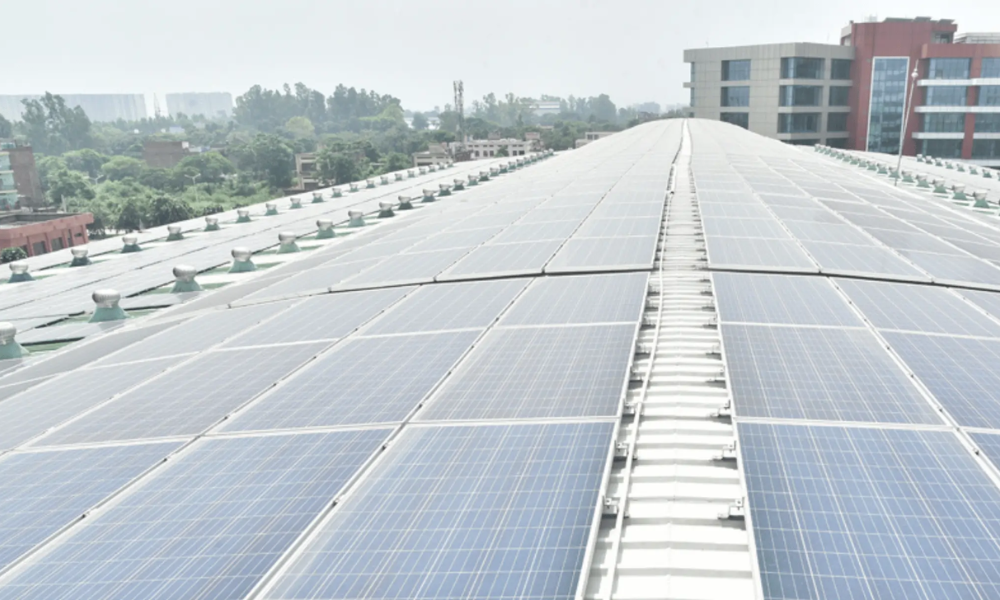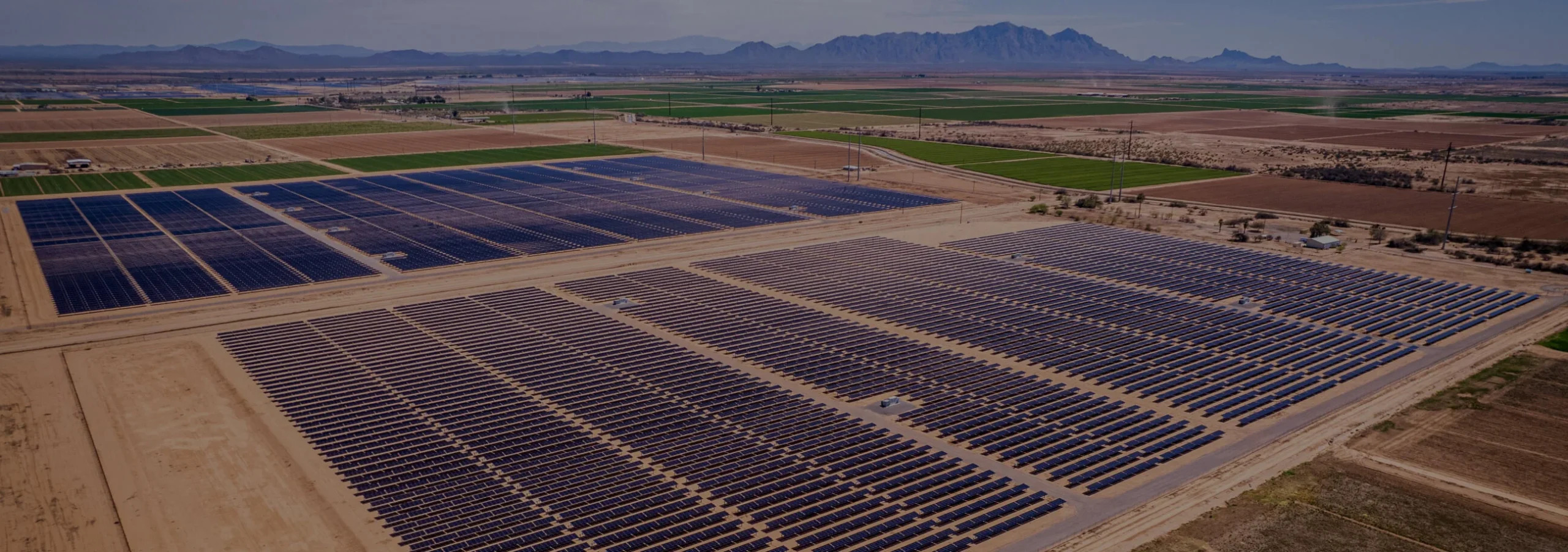India’s solar sector is on the verge of a historic transformation. Following a projection that the manufacturing capacity of solar modules is all set to touch nearly 190 GW by 2027, the sector is up for staggering growth as well as never-before challenges. The world’s fastest-moving renewable energy market, India has firmly proved itself as a destination ready to address home and export markets in the solar domain. All-encompassing capacity sets the stage for unprecedented opportunities and challenges, propelling the solar sector in India toward a defining phase in the near time ahead.
India’s Solar Journey So Far
Over the past decade, India has taken ambitious strides towards expanding its renewable energy capacity. The country currently ranks among the top global players in solar deployment, driven by government initiatives, favourable policies, and declining costs of solar modules. Programs such as the Production Linked Incentive (PLI) scheme and Make in India have fuelled investments in domestic solar manufacturing, making India less reliant on imports. This push has encouraged the growth of a strong ecosystem of solar EPC companies in India, who are driving large-scale solar projects across the country.
Lays out 190 GW by 2027
As per recent market estimates, Indian solar module manufacturing capacity is going to increase by 190 GW during the coming three years. Such a massive increase relies on:
- Government support in favor of local production through the PLI scheme.
- Increasing orders from utility-scale and rooftop solar installations.
- Export potential, as world markets are diversified more and less reliant on China.
While they signal massive opportunities, they also bring the serious challenge of absorbing such vast capacity and list of solar sectors in India, testing its readiness for rapid growth.
Risks Associated with Oversupply in Photovoltaics Industry
The SBI Capital Markets report calculates that Indian solar markets could have a potential oversupply situation by 2027. With indigenous orders now forecast as well below production capability being envisaged, there exists a serious chance that supply would be greater than demand.
This would have a range of consequences:
- Price pressures: A surplus of modules may lower costs, impacting manufacturers’ margins.
- Export dependence: Indian producers would need to exploit foreign markets aggressively in order to compensate for excess production.
- Consolidation among players: The most technologically savvy and competitively capable solar EPC firms in India shall survive in an environment as competitive as this.

Where Solar Sector Growth Will Come From
In spite of oversupply concerns, there remain robust growth opportunities in the solar market. India’s drive towards energy transition and 2030 500 GW targets in renewable power guarantees that solar remains in the focus of India’s energy agenda.
Demand drivers are as below:
- Utility-Scale Schemes: Large solar parks and hybrid schemes with solar and wind or storage.
- Rooftops as Solar Systems: Increased uptake by residential, commercial, and end-use industries.
- Green Hydrogen Production: The solar power will be central in powering the green hydrogen economy in India.
Business Opportunities in EPC
Rapidly scaling up solar production capacity has a direct positive impact on the EPC ecosystem. A solar EPC company in India is no longer responsible solely for project execution but has become a lead partner in enabling the expansion of renewable installations. EPC players capable of incorporating cutting edge technology, maintaining price competitiveness, and offering bankable project execution are going to be leaders in the dynamic ecosystem.
Additionally, as the competition among module producers continues, EPC firms can take advantage of decreasing module costs in order to offer affordable solutions among their customers.
World Export Potential
India’s solar module sector also has phenomenal export potential. North American, European, and Southeast Asian opportunities are now coming up as supply chains are getting diversified, and India could be a serious China alternative. Policy support and cost competitiveness would allow Indian manufacturers to achieve huge world-wide market share.
But in tapping into that potential, the sector would need to emphasize on:
- Standards of quality and efficiency on par or higher than world standards.
- R&D spending in a bid to be ahead in next-generation solar technology.
- Strong supply lines in place to ensure timely and dependable exportation.
Challenges on the Way Forward
Although there is a rosy future ahead, India’s solar sector would have to tide over a few hiccups:
- Finance and infrastructure: Securing the necessary investment in production centers and complementary infrastructure.
- Policy consistency: Maintaining long-term policy support to sustain investor confidence.
- Technological adoption: Staying ahead of innovations like storage integration and high-efficiency modules.
What This Means for the Market
The 2027 190 GW build-out is both good news and bad news for India’s solar sector. The good news is that it shows India is serious about renewable energy and its desire to be a global lead manufacturer in solar. The bad news is that the threat of oversupply presents a cautionary tale that industry companies need to be careful and balance capacity additions with demand growth and export strategies.
The secret ingredient here is flexibility. Those companies, and especially a solar EPC company in India, that are capable of innovating, diversifying, and matching both domestic and international demand shall be in a position to prosper.
Conclusion
India’s solar module production capacity reaching 190 GW by 2027 is a milestone that bears testimony to India’s aspirational renewable energy trajectory. Even as the threat of oversupply hangs in the air, there are all opportunities on the horizon in India’s solar sector through export,innovation, and diversified use of solar power. The trajectory of India’s solar sector remains dependent on the conduciveness and centrality played by top solar EPC companies in India in ensuring healthy and sustainable growth as well as competitiveness globally.
Essentially, India’s solar future is more than a tale of numbers but a tale of creating resilience, inducing innovation, and etching a space on the world renewable energy atlas for the nation. Proving its expertise and adhering to quality, Hartek is one among the contributors facilitating this shift and bringing India closer to its clean energy targets.
FAQ’s:-
1. What is driving growth in India’s solar sector?
Government initiatives, the PLI scheme, Make in India, and increasing rooftop and utility-scale solar projects are driving growth.
2. How will India reach 190 GW solar capacity by 2027?
Through rapid domestic manufacturing expansion, export opportunities, and increased adoption of utility-scale and rooftop solar systems.
3. What challenges does India’s solar sector face?
Oversupply risks, price pressures, policy consistency, technological adoption, and securing investments are key challenges.
4. How do solar EPC companies contribute to the solar sector?
Solar EPC firms manage project execution, incorporate advanced technology, maintain cost competitiveness, and enable large-scale renewable installations.
5. What is the export potential of India’s solar sector?
India can supply North America, Europe, and Southeast Asia, offering a China alternative with quality modules and competitive pricing.



